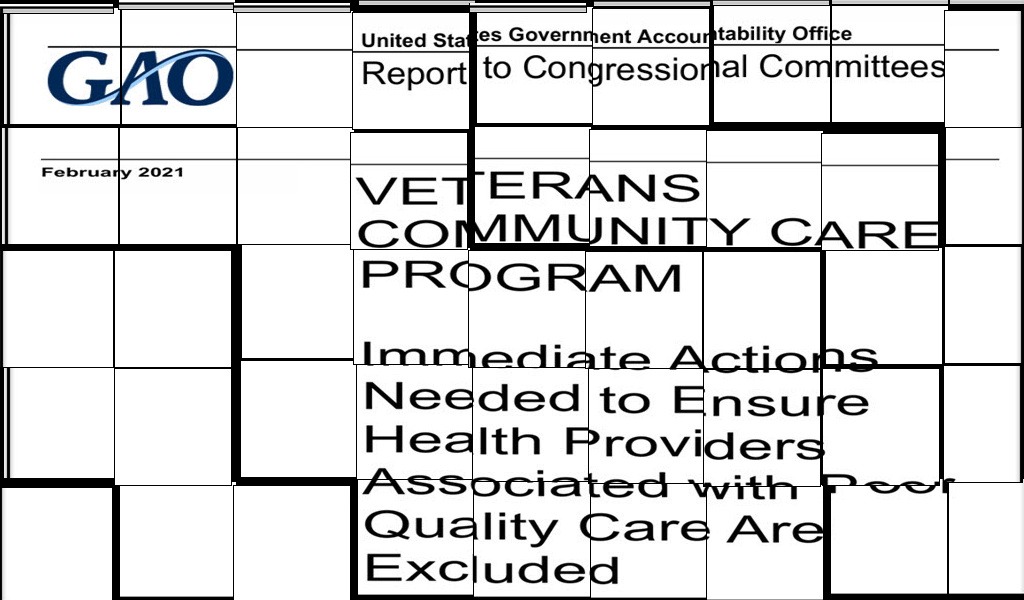The “deny and defend” response occurs when healthcare institutions prioritize protecting themselves over acknowledging and correcting medical errors. Rather than taking a transparent, patient-centered approach to addressing mistakes, institutions deploy a strategy of institutional self-protection that often compounds the original injury.
Here’s how it typically unfolds:
- Initial Response: When complications arise, the healthcare system’s first instinct is to minimize or deny problems rather than addressing them directly. Medical records may downplay issues, or providers may suggest symptoms are normal or unrelated to treatment.
- Delayed Documentation: Institutions often slow-walk medical records requests and delay responding to patient concerns, hoping to exhaust patients’ resources and resolve before the statute of limitations expires.
- Shifting Responsibility: Providers may attribute complications to the patient’s underlying condition or “natural progression” rather than acknowledging treatment errors. This is particularly evident in complex systems like VA community care, where responsibility can be shifted between different providers and facilities.
- Minimal Intervention: Rather than addressing root causes, institutions provide just enough care to maintain plausible deniability of negligence. In my case, this meant providing a wheelchair rather than addressing documented hardware failure.
- Financial Exhaustion: The strategy often succeeds because patients lack the resources for prolonged legal battles or private medical care. Many patients simply give up, unable to continue fighting while dealing with their injuries.
The human cost is devastating: patients suffer not just from their original injury, but from the psychological trauma of having their experiences denied and fighting an system designed to wear them down rather than help them heal. Recent research from Johns Hopkins suggests medical errors are now the third leading cause of death in the United States, yet the “deny and defend” culture continues to prioritize institutional protection over patient safety and accountability.
The following presentation is about Deny and Defend in VA Community Care:
The VA’s rapidly expanding Community Care program has created a critical oversight gap in veteran healthcare. Since its $10 billion launch in 2019, the program has grown fivefold to over $50 billion today, outsourcing an increasing share of veteran care to private providers. While this expansion aims to improve access to care, it has also exposed veterans to a troubling ‘deny and defend’ culture when medical errors occur – leaving them caught between private healthcare systems focused on self-protection and a VA system struggling to maintain oversight of outsourced care.
My personal case illustrates how this gap can transform correctable surgical complications into permanent disability. When private providers make mistakes, veterans often face a bureaucratic maze where both the VA and community providers deflect responsibility, prioritizing institutional protection over patient care. This systemic failure demands urgent attention as the Community Care program continues its dramatic expansion.

